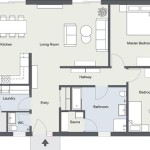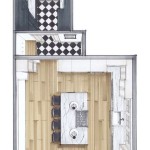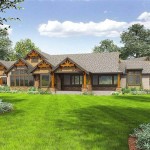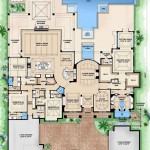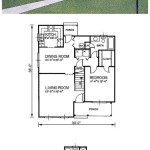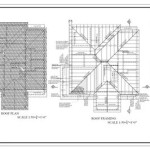Wren Houses Plans: A Comprehensive Guide
Wrens are delightful songbirds that are known for their energetic behavior and melodic calls. Wren houses are a wonderful way to attract these charming birds to your backyard and provide them with a safe nesting site. This comprehensive guide will provide you with all the essential information you need to build your own custom wren house.
Choosing the Right Location
When selecting a location for your wren house, consider the following factors:
- Visibility: Wrens prefer open areas where they can easily spot predators and potential threats.
- Shelter: Place the house in an area that is protected from harsh weather elements, such as strong winds and direct sunlight.
- Proximity to nesting materials: Wrens gather nesting materials from their surroundings, so placing the house near shrubs or trees will provide easy access.
Designing Your Wren House
Wren houses typically have a small entrance hole and a simple, box-like shape. Here are some key design specifications to keep in mind:
- Entrance Hole: The entrance hole should be around 1 inch in diameter, which is suitable for wrens and discourages larger birds from nesting.
- Interior Dimensions: The interior of the house should be approximately 4 inches wide, 4 inches deep, and 6 inches high, providing ample space for a nest.
- Drainage Hole: A small drainage hole in the bottom of the house allows for water to escape, preventing waterlogging.
Selecting the Right Materials
Choosing the right materials for your wren house is crucial for its durability and weather resistance. Consider the following options:
- Cedar or Redwood: These woods are naturally rot-resistant and will withstand outdoor conditions.
- Plywood or Lumber: If using plywood or lumber, make sure to seal it with a waterproof sealant to protect it from moisture.
- PVC Pipe: PVC pipe can be a budget-friendly alternative, but it may not be as durable.
Building Your Wren House
Building your wren house is a relatively simple process. Follow these steps:
- Cut the Pieces: Cut the pieces according to the dimensions mentioned above.
- Drill the Entrance Hole: Use a drill to create the entrance hole in one of the side panels.
- Assemble the Box: Join the side panels to the bottom piece using wood glue and screws.
- Install the Roof: Attach the roof piece to the top of the box.
- Add the Perches: Optional but recommended, two small perches can be added below the entrance hole for the wrens to land on.
Monitoring and Maintenance
Once your wren house is installed, monitor it regularly for any signs of damage or debris. Clean it out annually during the fall or winter months after nesting season is over. Remove any old nesting materials and disinfect the house to prevent the spread of diseases.
Conclusion
Building a wren house is a rewarding project that can provide a safe and comfortable nesting site for these charming birds. By following the guidelines outlined in this comprehensive guide, you can create a custom wren house that will attract these delightful songbirds to your backyard and bring joy to your surroundings.

Make A House Wren Nesting Box Free Plans

Wren House Adee Ina Nuthatch

The Wren Diy Birdhouse Kit Create Your Feathered Friends Dream Home Build Plans Project Bird Box

House Wren Boxes Audubon

Premium Bird House Plans Plus Bonus Projects On One Cd

25 Free Bird House Plans To Welcome Feathered Friends Your Garden Insteading

Free Bird House Plans Bluebird Purple Martin Wren More

10 Best Birdhouse Plans For 2024 The Jerum Post

Hanging Wren House Coveside Conservation S

Free Birdhouse Plans Yahoo Image Search Results In 2024 Bird House
Related Posts

